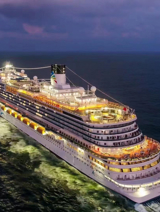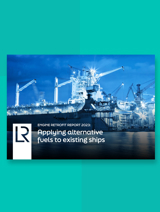We focus on providing valuable information, insight and knowledge on the transition towards a decarbonised world fleet.
We work in collaboration with other progressive organisations to provide credible thought leadership to all industry stakeholders, including regulators, policymakers, investors, owners, operators, charterers and customers. We aim to showcase the costs, benefits, opportunities and risks associated with various potential pathways towards decarbonisation.
















